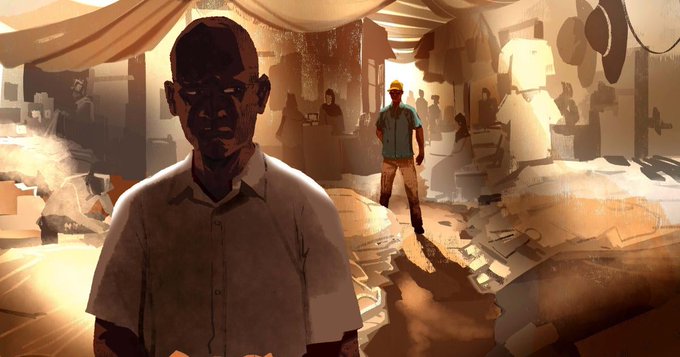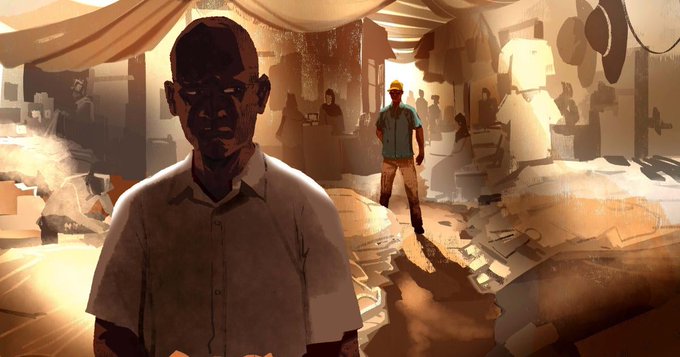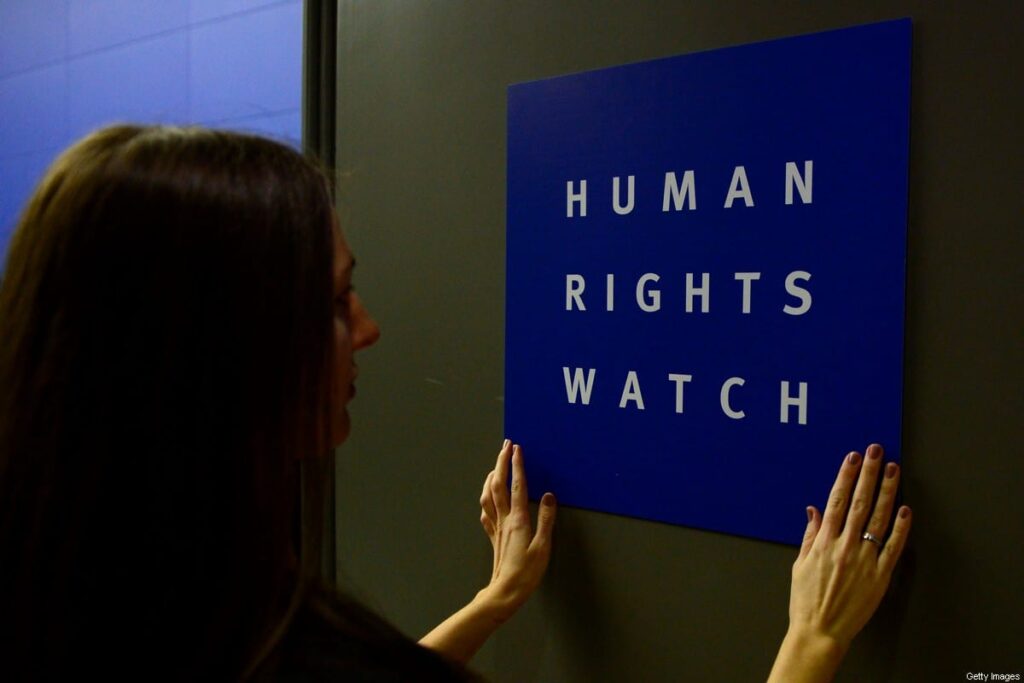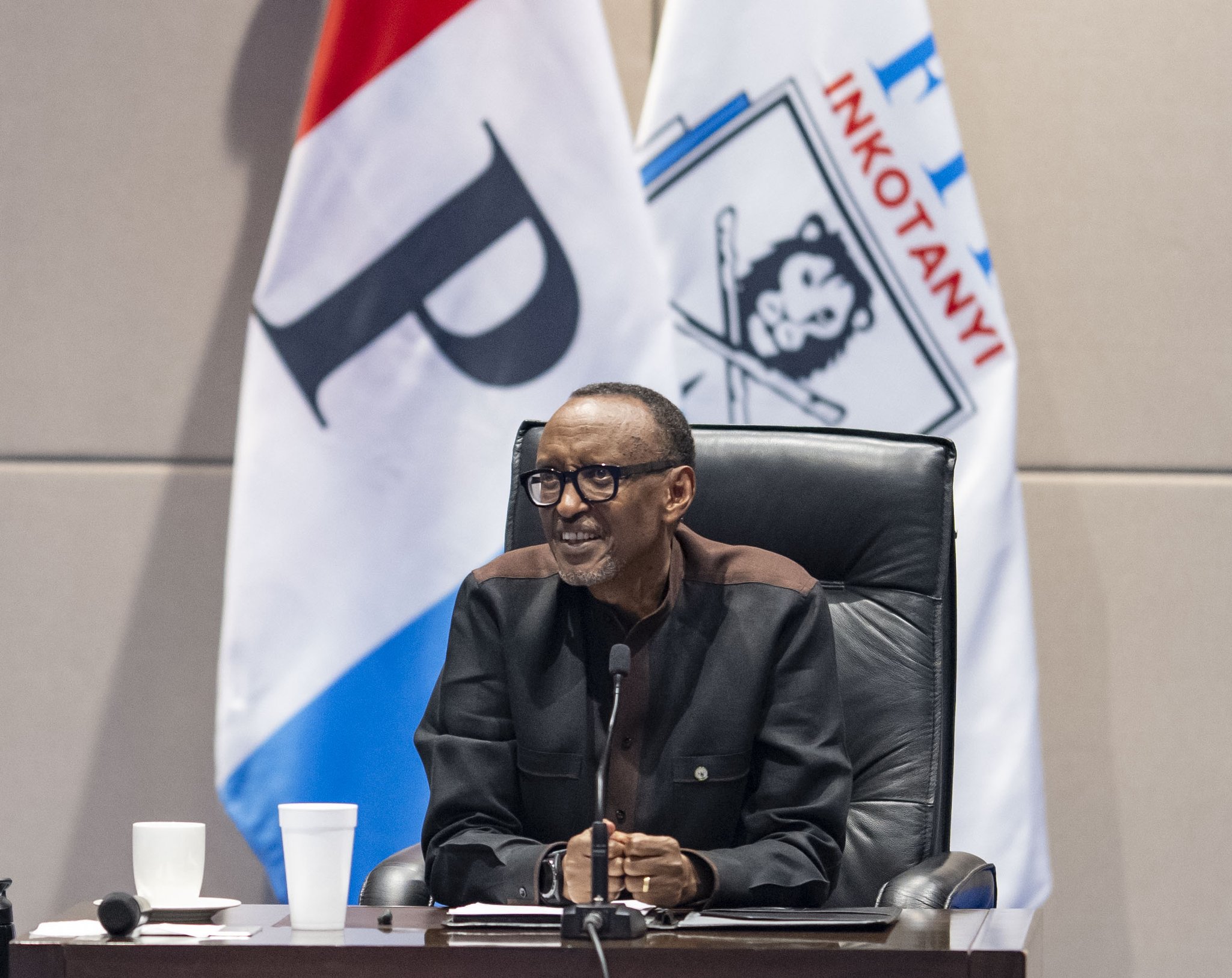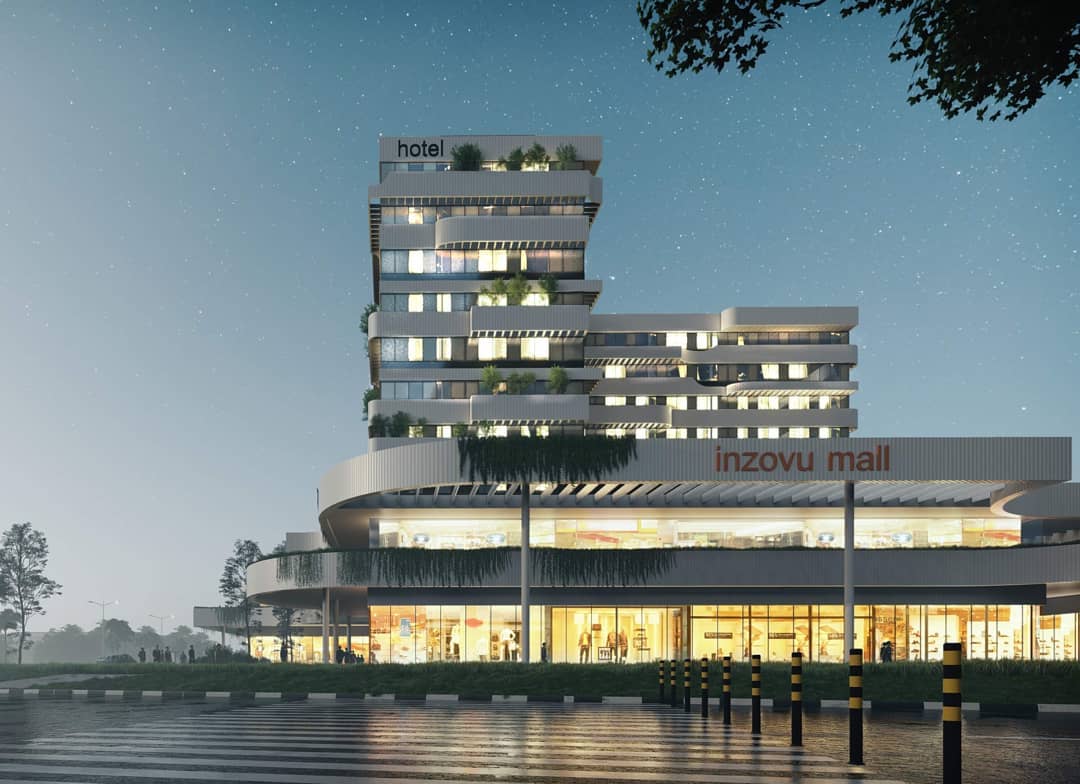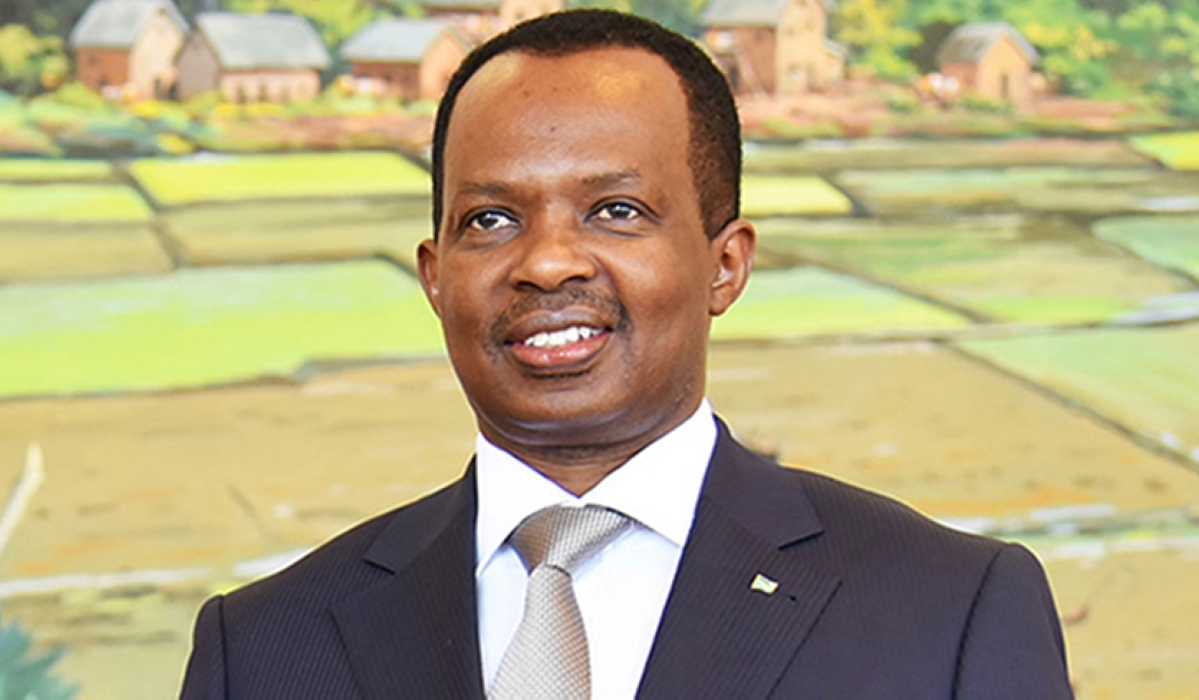Regional
Rwanda, a bad boy in Western capitals’ lenses
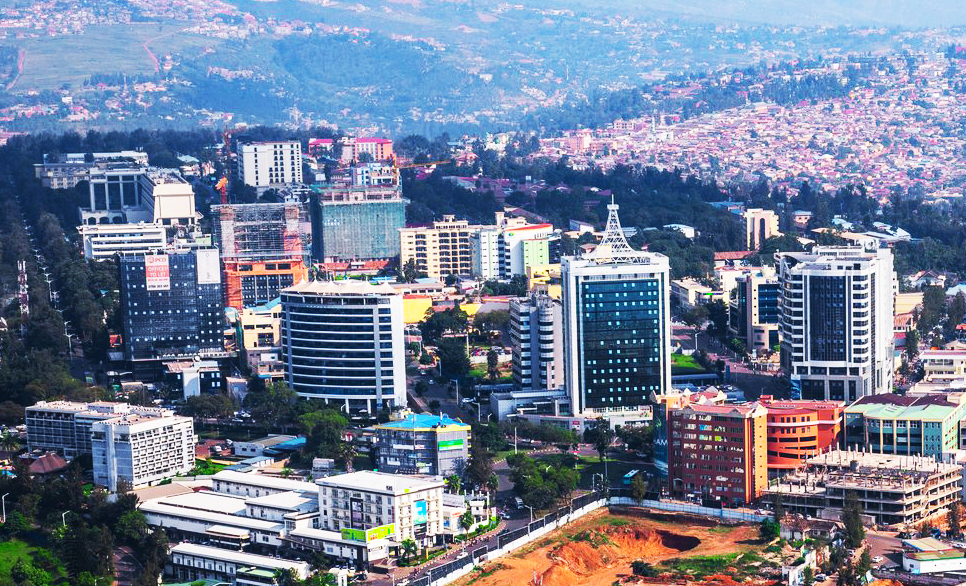
View of Kigali, the capital city of Rwanda, after the country's transformation.
Since
1994 when the Rwandese Patriotic Front (RPF) stopped the Genocide against the
Tutsi, while the international community watched and did nothing, Rwanda’s
leadership focused on dealing with the country’s problems without foreign
interference.
The
‘super powers’ thought it was impossible for an African country to avoid the West’s
influence in its internal politics. But the RPF-led government proved them
wrong.
And,
as things stand, Rwanda has to be punished for being resilient and self-reliant.
Its determined leaders must be punished; especially for not becoming Western
puppets and beggars.
For
almost three decades, the east African country is depicted as a bad boy, or the
villain, in the eyes of the Global North.
A
number of political tools –Human Rights Watch reports and Amnesty International's,
among others – are used to bully Rwanda’s leadership.
Richard
Johnson, a retired American diplomat who exposed HRW’s discourse on Rwanda, in
2013, noted that over the years, it was “viscerally hostile to the RPF” which
defeated the genocidal Hutu Power regime in 1994, and systematically biased in
favor of letting unrepentant Hutu Power political forces back into Rwandan
political life.
HRW
bolstered its campaign to make Hutu Power parties look good and thus worthy of
renewed participation in Rwandan politics by also trying to make Rwandan laws
that keep them out look bad.
Instead
of mobilizing countries to arrest Rwandan genocide fugitives and bring them to
book, HRW shields and uses the genocidaires and other criminals as its
‘credible sources’ in a relentless campaign against the Rwandan government.
In the
latest ‘report’ published on October 10, titled “Join Us or Die’ Rwanda’s
Extraterritorial Repression,” HRW interviewed Joseph Mazimpaka, alias Joseph
Bahati Mbanda, a genocide fugitive arrested in 2009 but later escaped from
prison in Southern Rwanda and fled to Tanzania through Uganda and Kenya.
“Thus
its desired picture is complete: Rwanda uses aberrant laws to persecute
legitimate opposition parties. This has achieved the status of a ‘meme’ in
Western discourse about Rwanda. Rwanda’s post-genocide constitution and laws
restrict the freedoms of speech and association by banning genocide ideology,
genocide denial, discrimination, sectarianism and divisionism;” Johnson noted.
Since 2017,
the Rwandan government does not respond to questions from HRW, after seven
individuals whom the organisation had claimed to be executed, showed up in
Kigali alive and well.
It was
six years after the Rwandan government in 2011 pointed out that just as the
country was on course to achieve a diverse political discourse, Amnesty
International once again chose to misrepresent reality “in an inaccurate and
highly partisan report”.
“Amnesty
International refuses to acknowledge the significant developments that directly
address some of its own recommendations, preferring instead to make
unsubstantiated claims about Rwanda.”
That was after Amnesty’s ‘report’ titled
“Unsafe to Speak Out: Restrictions on Freedom of Expression in Rwanda” released
in June 2011.
While
most of their reporters have never set a foot in the country, they write that
Rwanda is ‘ruled by monsters and blood-thirsty individuals’. For them, Rwanda
is a country where people live in perpetual fear.
Despite
their lies, for example, a 2022 survey by Usebounce.com ranked Rwanda as the
safest country in Africa and the sixth globally for solo travelers, based on
the score of the crime index, and the score of the security index.
Rwanda
is also ranked first in Africa and 42nd globally in adherence to rule of law,
according to the World Justice Project (WJP)'s Rule of Law Index 2022.
Though,
HRW’s professional detractors know the truth, they continously opt to fabricate
lies to satisfy the West’s sinister agenda; to tarnish the image of the
government of Rwanda.



